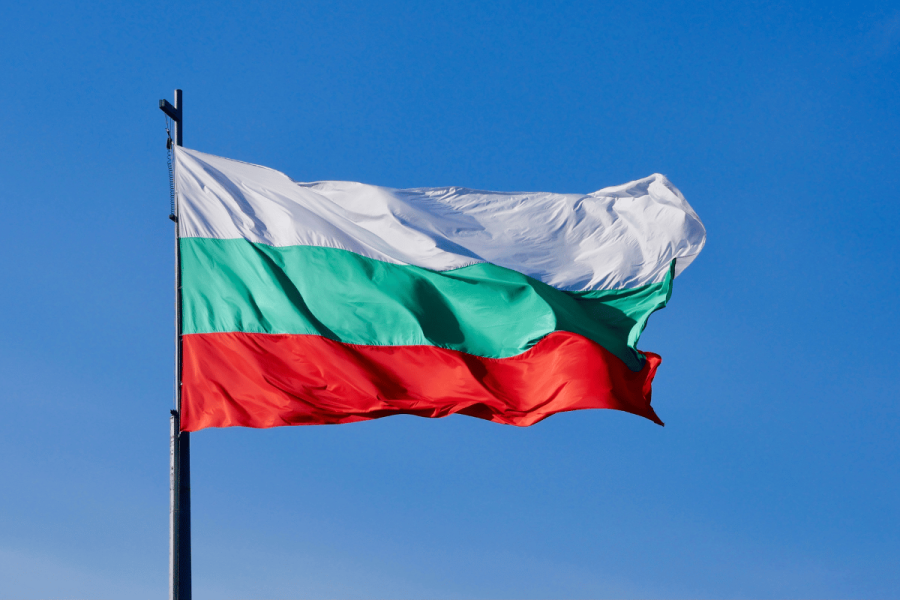A pivotal legal battle has taken a dramatic turn, with a judge delivering a significant victory to prediction market company Kalshi. For months, the company has been embroiled in a complex case challenging the very nature of its business and its place within the evolving landscape of regulated markets.
The challenge originated in June, when three California tribes – the Blue Lake Rancheria, the Chicken Ranch Rancheria of Me-Wuk Indians, and the Picayune Rancheria of the Chukchansi Indians – launched a lawsuit against both Kalshi and Robinhood. Their central claim? That these platforms were operating illegal sports gambling ventures, directly infringing upon tribal rights.
At the heart of the tribes’ argument lies the Indian Gaming Regulatory Act (IGRA), a crucial piece of legislation designed to protect tribal gaming interests. The IGRA recognizes gaming as a vital economic engine for tribes, fostering revenue and broader community benefits. The lawsuit aimed to prevent any perceived encroachment on this sovereign right to operate gambling on tribal lands.

Facing the legal challenge, both Kalshi and Robinhood proactively moved to dismiss the lawsuit in early November. Their defense centered on a fundamental distinction: they argued their offerings didn’t constitute ‘gaming’ as defined by the IGRA, and that neither company operated as a tribe or in a manner that violated the Act’s provisions.
On November 10th, Kalshi announced a crucial win – successfully defending against a request for a preliminary injunction in the case, *Blue Lake Rancheria v. Kalshi*. This marked a significant step forward in the company’s legal defense.
According to the company, the tribes’ legal team failed to demonstrate a strong likelihood of success with their arguments, ultimately leading the judge to deny their request for the temporary injunction. A preliminary injunction would have forced Kalshi to halt operations pending a final judgment.
A Kalshi spokesperson hailed the ruling as a validation of the company’s approach. They emphasized that Kalshi provides a transparent and equitable trading platform for event contracts, fundamentally different from the experience offered at traditional casinos located on tribal lands.
The decision underscores the ongoing debate surrounding the definition of ‘gaming’ in the digital age and the complex interplay between federal regulations, tribal sovereignty, and innovative financial platforms. This case is far from over, but Kalshi has secured a vital advantage in its fight to continue operating.






